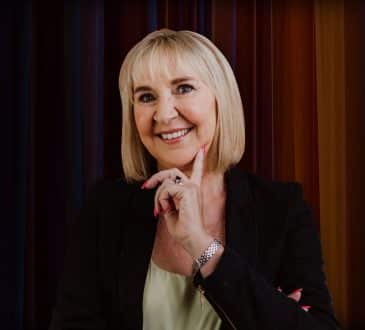Culture and Strategy Do Breakfast and Eat Cash

Many will be familiar with the well versed saying, “Culture eats Strategy for Breakfast”, right? Coined by the late Peter Drucker at the turn of this century, Drucker was absolutely right to call out the importance of getting the organizational culture right. He wasn’t suggesting that strategy wasn’t important but offered that if you don’t get this fixed, it’s unlikely however well-formed your strategic plan is, as a business you will unlikely stand the test of time and poor culture destroys great thinking.
Over twenty years later that still holds true somewhat; In my numerous conversations with business leaders of Fortune 500/ FTSE100 organisations through to mid-sized businesses and start up’s, what is becoming more noticeable is that culture and strategy while being seen as more mutually exclusive are far more aligned than ever before. I also observe that when they are not 100% intertwined from the get-go, they may have separate approaches and often different folk leading, shaping and attempting adoption of ideas in different ways and at different times.
In a 2018 HBR paper titled, The Leaders Guide to Corporate Culture it explores the notion that strategy and culture are among the primary levers for top leaders’ and that is even more true now given the almost year of disruption caused by the Pandemic and the uncertainty yet to come.
Business Strategy offers a logical and tactical plan for the company’s goals and guides people toward them while, Culture expresses goals through values, beliefs and principles guiding individual activity through shared passions, mindsets while also developing new group norms – you see they can’t be separated.
Organizations spend $millions on internal projects and external consultancy teams coming up with culture change initiatives, new imagery while in parallel separate strategic workstreams are focused on the delivery of a new product or service. All of these activities need funding, which consume billions of dollars in resources, people costs and consultancy fees – CASH.
So here’s the thing, an organisation who lives the future culture they are trying to cultivate can live and breathe these values, beliefs and principles through every strategic initiative and save a fortune and improve the chances of success 10x.
Culture clarity, owned from the top and shared throughout every strategic conversation and at every level will uplift wellbeing, engagement, productivity and cost less. So here’s my top list of things to consider for your team, your business or wider organisation.
Define the group/ business-wide culture and stick to it like glue (this is not just a job for the c-suite or top team), engage with as many folks as possible so a shared, diverse and representative view can emerge. Ownership here is a superpower!
Repetition of the values, beliefs and principles through every strategy conversation will help create new communication habits and create new culture rituals.
People shape culture not strategy, so it’s people first – activity or “the what” second. (Caring is seen as the No1 priority in shifting Culture and Strategy).
Communication is king, not cash. When you eventually see, hear, feel and experience culture in strategy, it’s a wonderful thing. This doesn’t happen by accident, so a clear communication plan is essential. I coined the phrase, “Context = Buy-In”. If people have context (let’s face it, context is a fancy word for interpretation or understanding), they will get the direction you are heading and even if they don’t like it, they will be more likely to comply with your future than to fight against it.
Culture and Strategy alignment is an incredible enabler to grow human capital as well as bottom-line revenue and results, but ignore their relationship and before long there will be little to no cash left to eat at the metaphorical breakfast table.
Written by Steve Rush.
Bring the best of the CEOWORLD magazine's global journalism to audiences in the United States and around the world. - Add CEOWORLD magazine to your Google News feed.
Follow CEOWORLD magazine headlines on: Google News, LinkedIn, Twitter, and Facebook.
Copyright 2025 The CEOWORLD magazine. All rights reserved. This material (and any extract from it) must not be copied, redistributed or placed on any website, without CEOWORLD magazine' prior written consent. For media queries, please contact: info@ceoworld.biz











